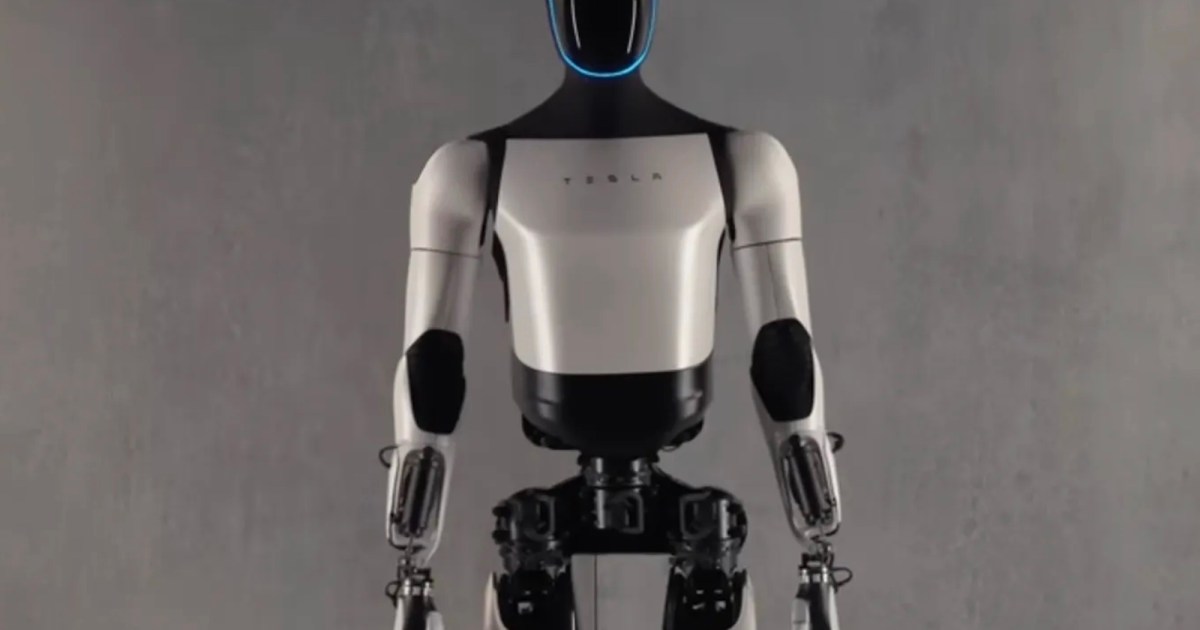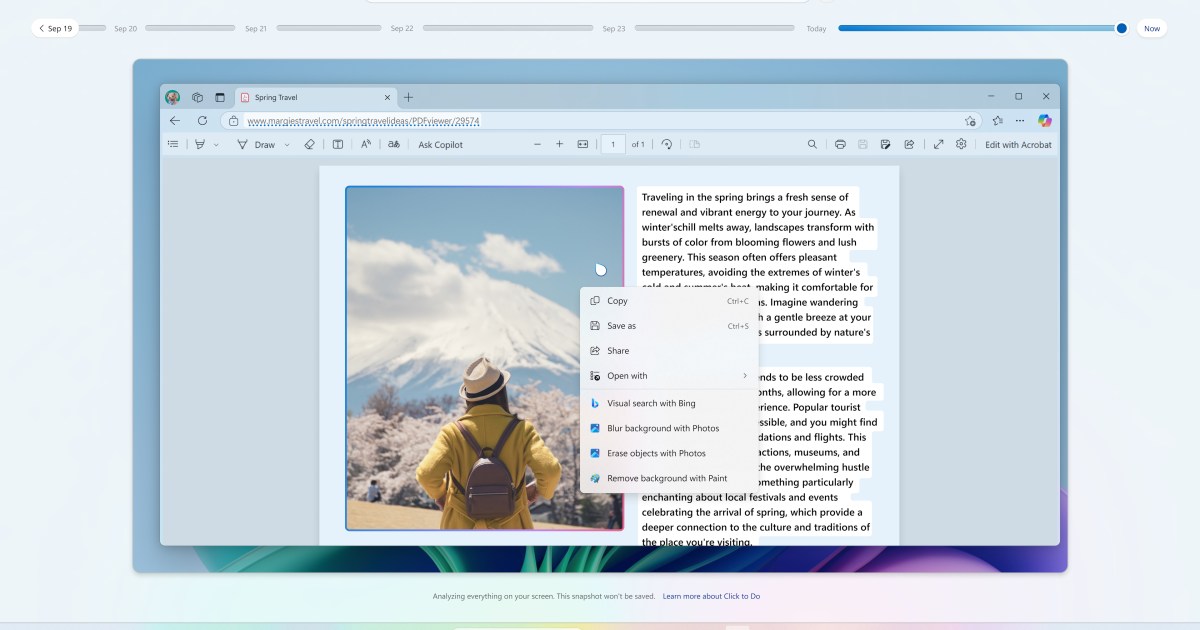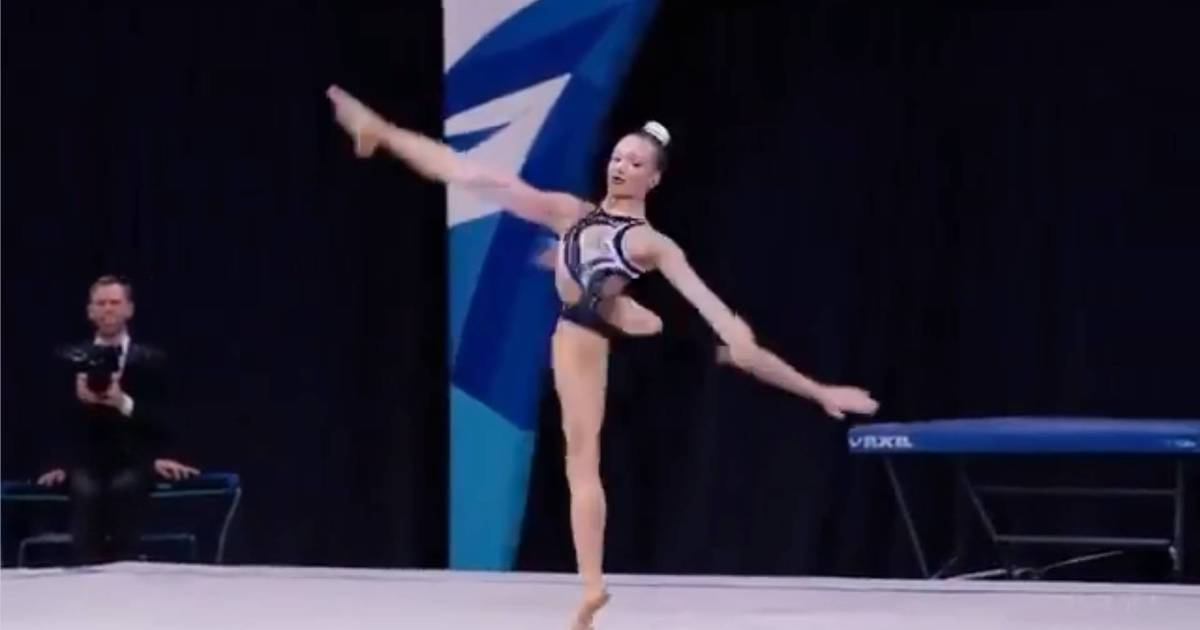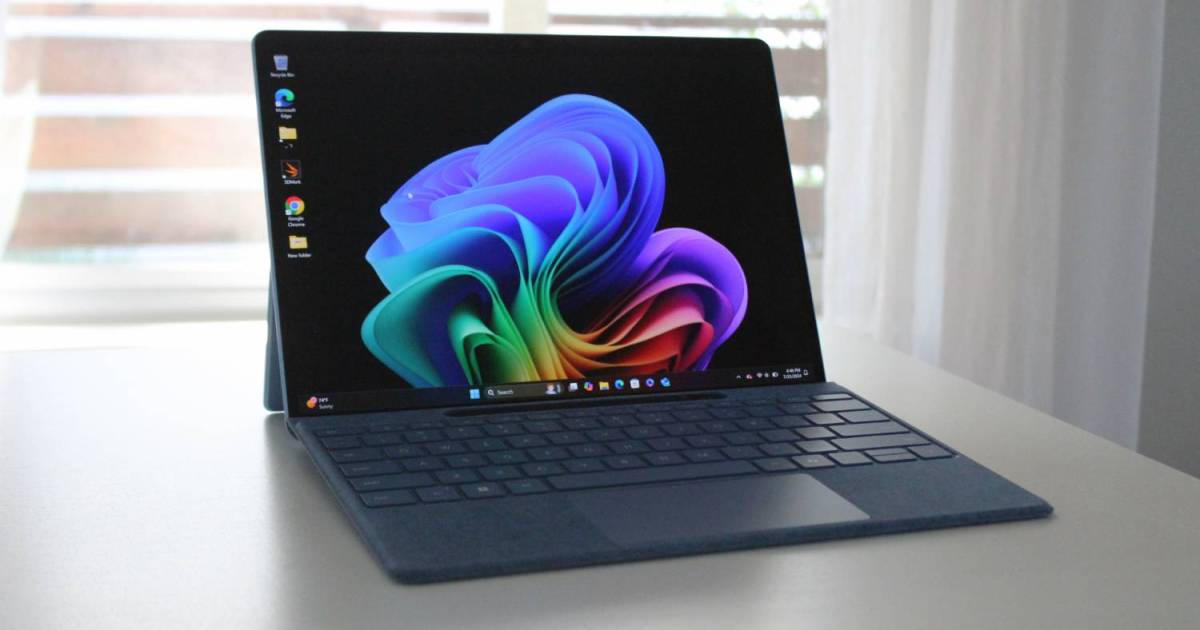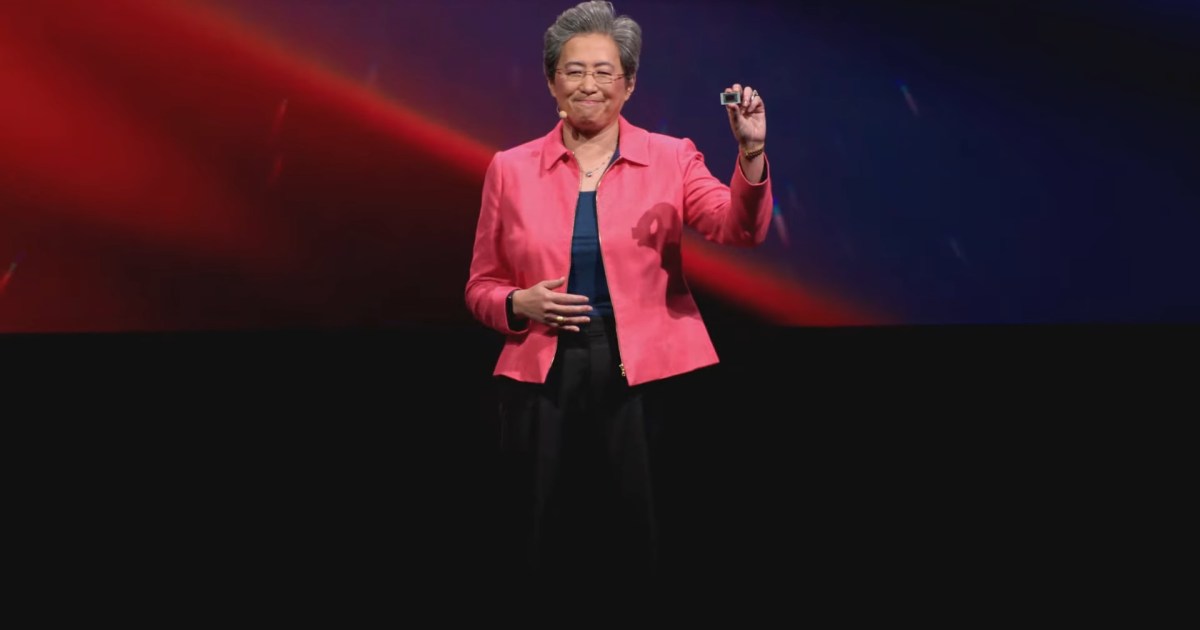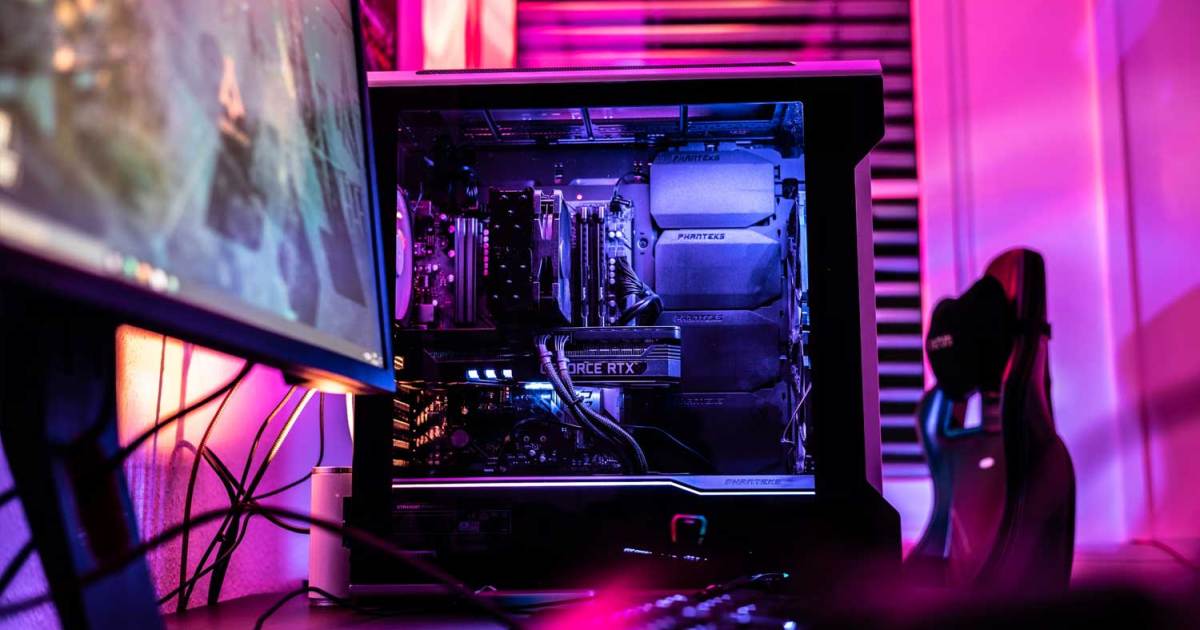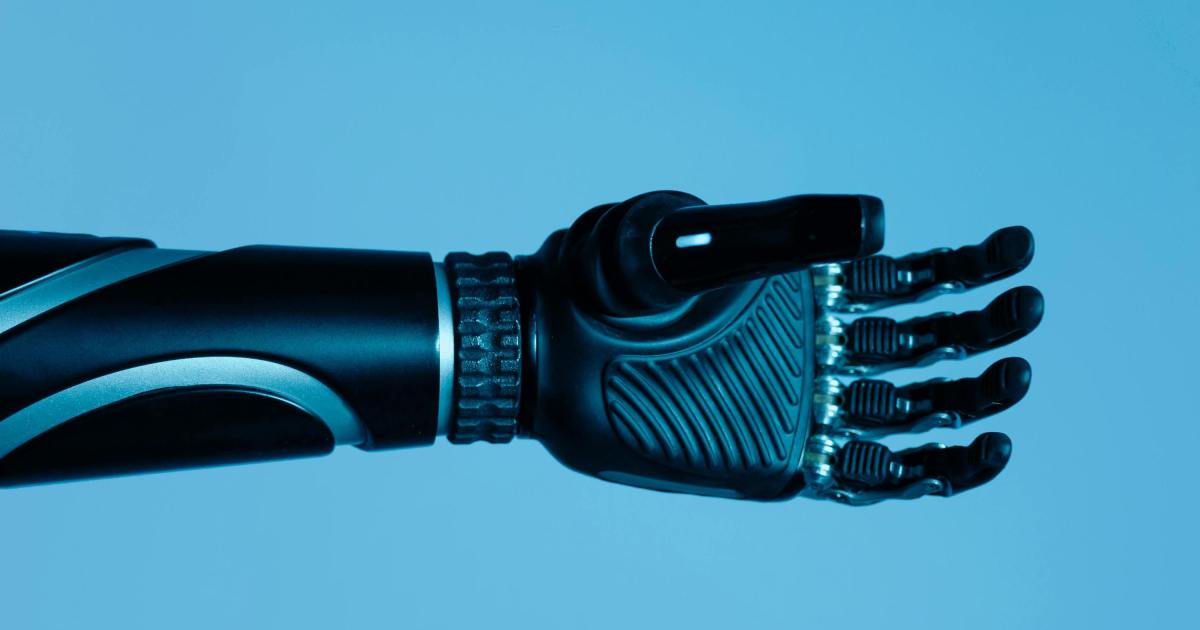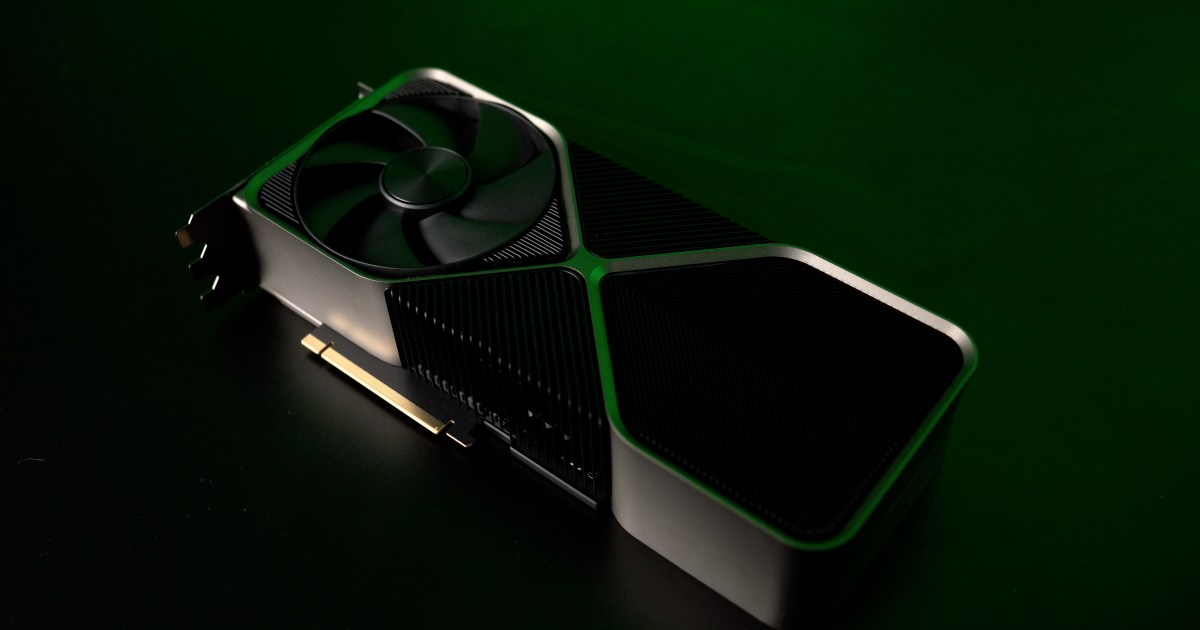Tesla recently released a video showcasing its Optimus humanoid robot walking on uneven terrain. The 38-second clip demonstrates the robot’s ability to navigate soft, variable ground, maintaining balance with surprising grace. The robot’s most impressive feat occurs at the video’s end, where Optimus recovers smoothly from a near-stumble while descending a small slope. This recovery highlights the complex and rapid computing power required for such dynamic stability.
Elon Musk, Tesla’s CEO, shared the video online, stating, “Optimus can now walk on highly variable ground using neural nets to control its electric limbs.” Milan Kovac, Vice President at Optimus, further elaborated that the robot navigated mulched ground, a surface where he himself had previously slipped.
Kovac revealed a surprising detail: Optimus performs these walks “blind,” relying solely on integrated sensors and its onboard computer, without camera input. To enhance Optimus’s navigation, the team plans to incorporate computer vision, enabling the robot to perceive and interact with its environment more effectively. Future development also focuses on improving Optimus’s gait for a more natural appearance and designing safer fall mechanisms to minimize damage in unavoidable tumbles.
Optimus’s current walking abilities are reminiscent of Boston Dynamics’ Atlas robot in 2016. Atlas’s subsequent rapid advancements, including backflips and jogging, set a high bar for humanoid robot development. The anticipation for Optimus’s progression in the coming years is considerable.
Musk initially unveiled Optimus in 2021, with a stand-in due to the lack of a working prototype. The robot’s progress since then is undeniable. Musk envisions “thousands” of Optimus robots working alongside human employees in Tesla factories as early as next year, handling “dangerous, repetitive, [and] boring tasks.” However, considering Musk’s history of ambitious timelines, this projection may be subject to change.
A commercial launch for Optimus is tentatively planned for 2026, with an estimated cost of $30,000. Musk suggests Optimus could eventually serve as a versatile household helper, performing tasks such as babysitting, dog walking, lawn mowing, grocery shopping, and even providing companionship. This vision presents a compelling, albeit futuristic, potential for humanoid robots in everyday life.
Tesla’s ongoing development of Optimus signifies a significant step forward in humanoid robotics. While the robot’s current capabilities are impressive, the roadmap for future advancements, including enhanced vision and improved mobility, promises even greater potential for Optimus in both industrial and domestic settings.



